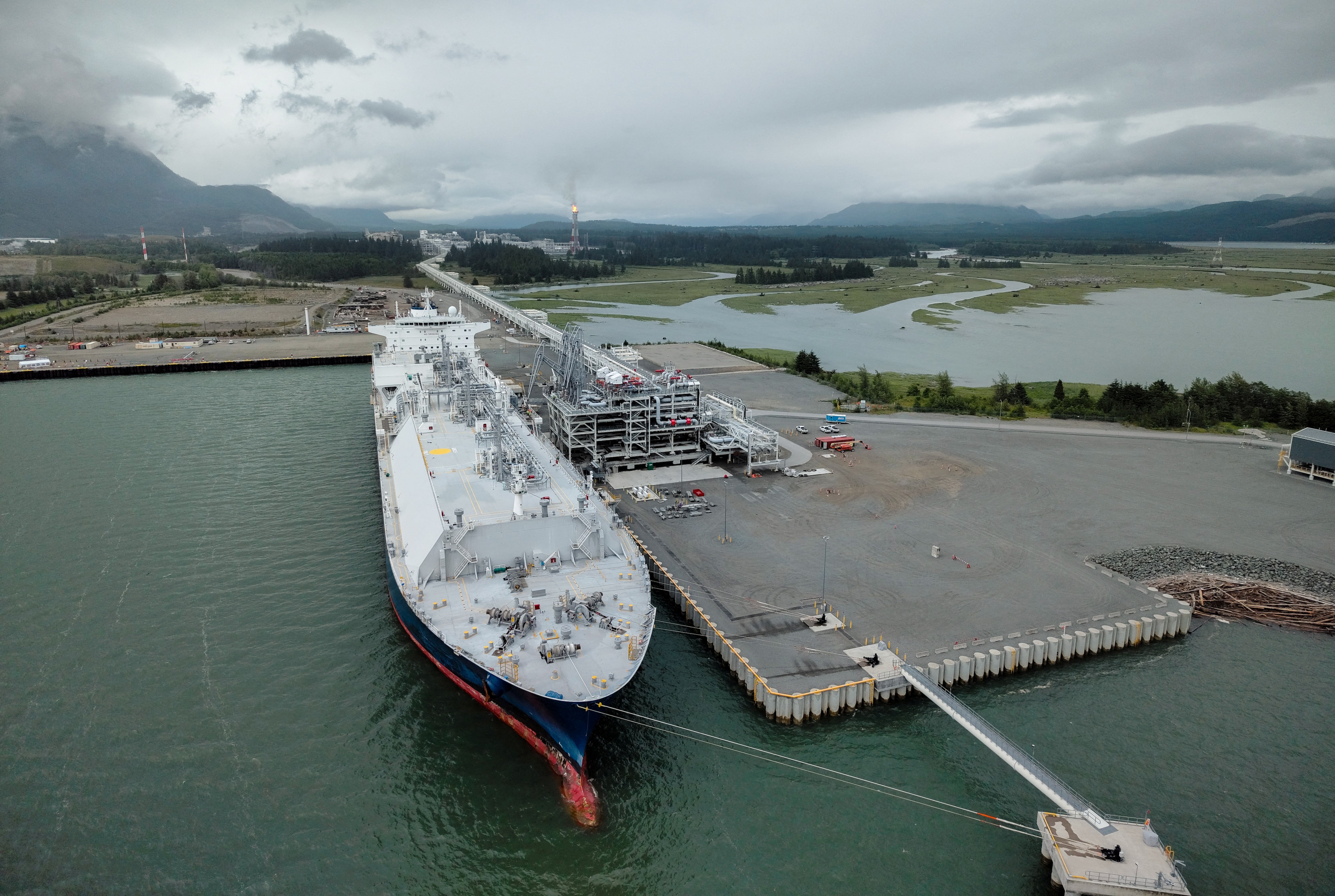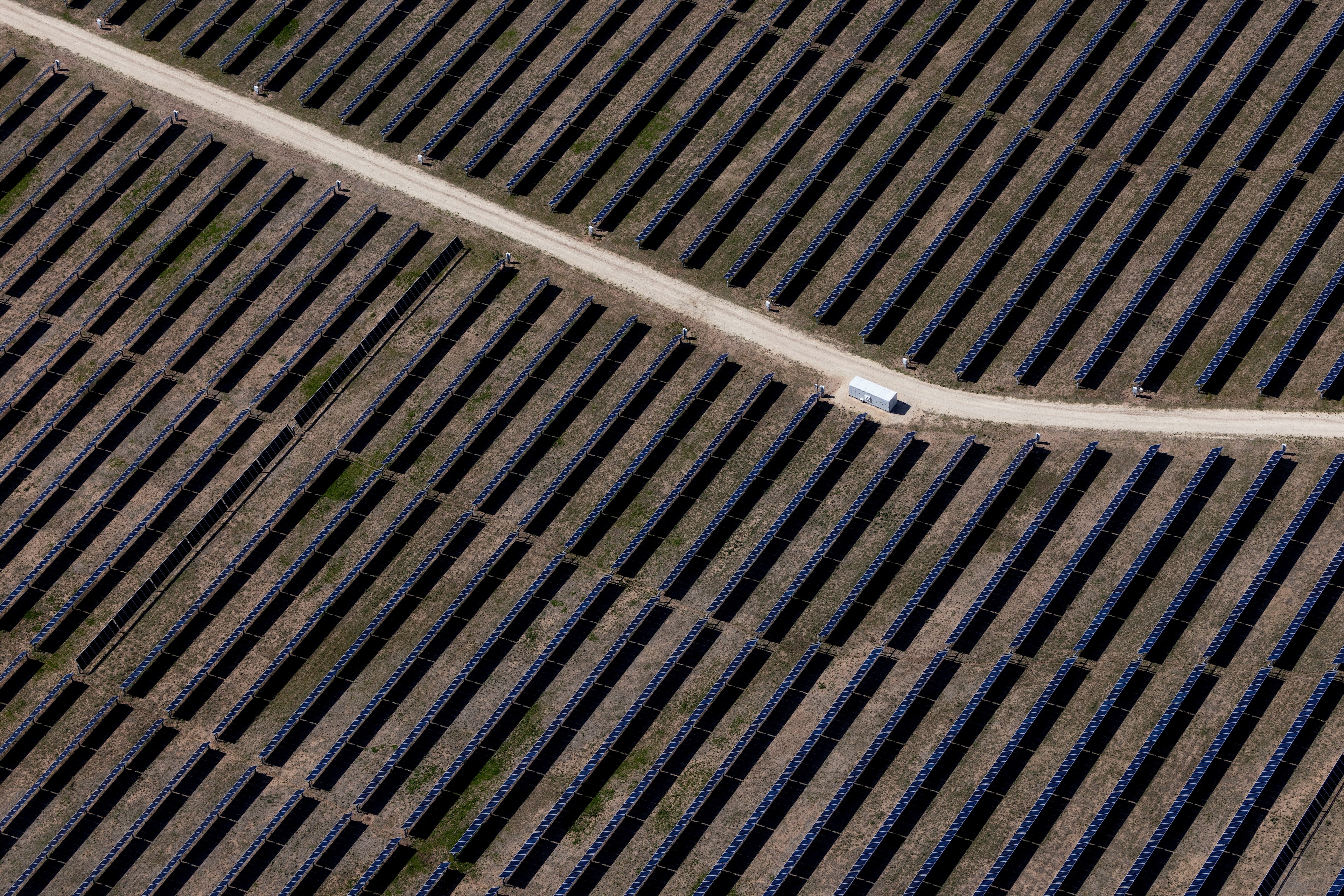Tesla is building a 'virtual power plant' using people's homes

South Australia is working with Tesla to install solar power systems on residents homes.
Image: REUTERS/Mario Anzuoni
Stay up to date:
Energy Transition
The state government of South Australia announced Sunday that it had struck a deal with Tesla to install as many as 50,000 solar-power systems on homes, at no cost to residents.
The system would include both solar panels and Tesla Powerwall batteries, and would become part of a decentralized electric grid managed by software. The system would be funded in part by revenues from electricity, which would not belong to the owners of the homes where the systems were installed.
A pilot version of the program has already begun, and the Australian Broadcasting Corporation spoke to one early recipient whose electric bills had declined substantially. One projection suggested energy bills for participating households would drop by 30%.

The first wave of installations are planned to roll out to about 24,000 government-owned housing units. After that, other South Australians would be able to participate, with a goal of 50,000 participating households within four years. Those homes would be knitted together into what is being referred to as a ‘virtual power plant.’
Tesla has already made a big splash in South Australia, where late last year it installed the world’s biggest lithium-ion battery as a grid backup system. That system has succeeded dramatically, coming online quickly to prevent blackouts following drops in output from conventional power plants.
The plan may be contingent on the outcome of a March election, in which current South Australian Premier Jay Weatherill faces a challenge from a conservative candidate who opposes specifics of the plan, referring to it as a “reckless experiment.” Weatherill’s opponent, however, also supports large-scale solar installation.
The ambitious plan in Australia could breathe new life into Tesla’s solar efforts. Since acquiring SolarCity (also founded by Musk) in 2016, that unit’s installations have plummeted in the U.S. That has been largely attributed to cuts in marketing efforts. Inking big one-shot deals is likely a higher-margin proposition for solar installations long-term, compared to SolarCity’s previous emphasis on door-to-door retail sales and generous individual financing. Tesla has also recently said it is expanding sales of solar-power systems at Home Depot stores in the U.S.
Accept our marketing cookies to access this content.
These cookies are currently disabled in your browser.
Don't miss any update on this topic
Create a free account and access your personalized content collection with our latest publications and analyses.
License and Republishing
World Economic Forum articles may be republished in accordance with the Creative Commons Attribution-NonCommercial-NoDerivatives 4.0 International Public License, and in accordance with our Terms of Use.
The views expressed in this article are those of the author alone and not the World Economic Forum.
Related topics:
Forum Stories newsletter
Bringing you weekly curated insights and analysis on the global issues that matter.
More on Energy TransitionSee all
Ayla Majid
July 24, 2025
Manikanta Naik and Murali Subramanian
July 23, 2025
Arunabha Ghosh and Jane Nelson
July 22, 2025
Ali Alwaleed Al-Thani and Santiago Banales
July 21, 2025
Goodness Esom
July 18, 2025




